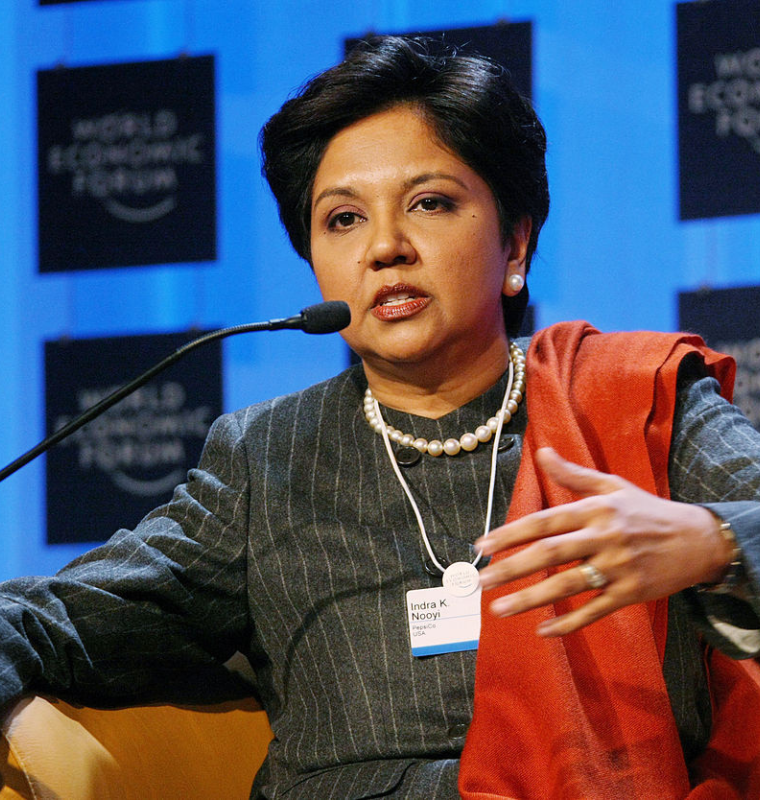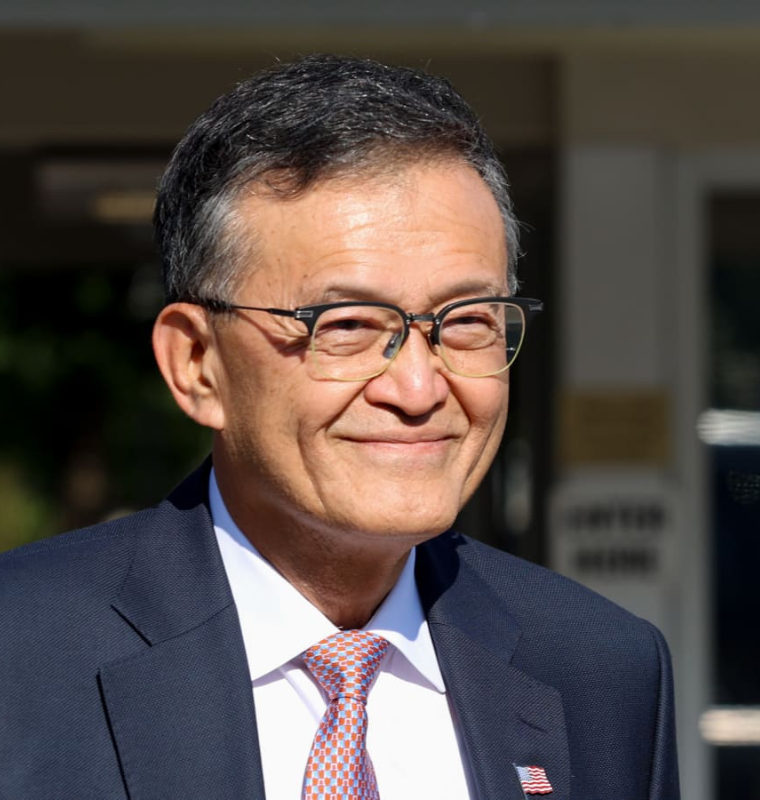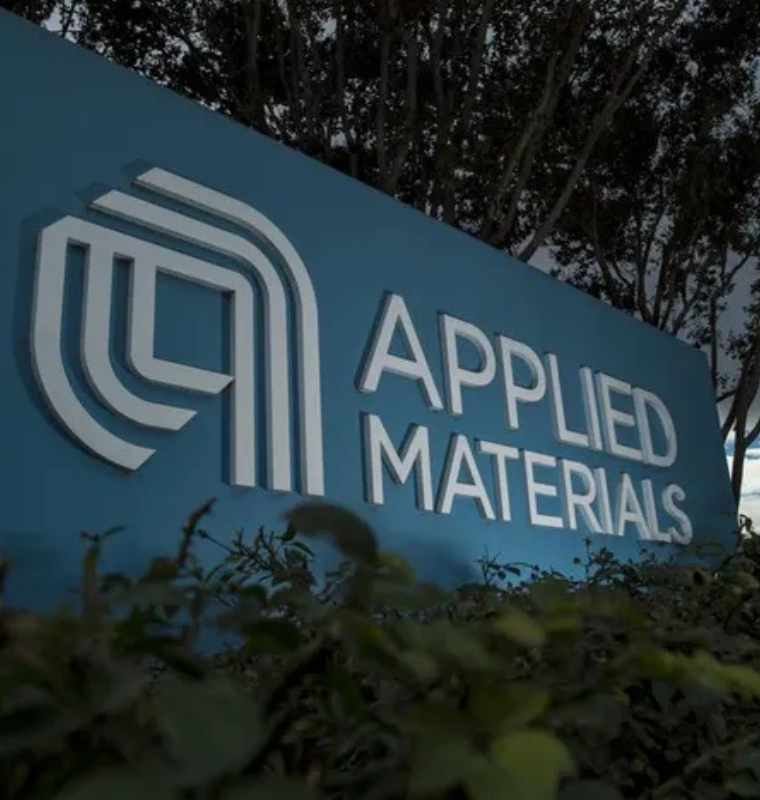South Korean Markets Surge Over 2% as Opposition Leader Lee Jae-myung Wins Presidency
South Korean Markets Surge Over 2% as Opposition Leader Lee Jae-myung Wins Presidency
By
David Goldfarb
Last updated:
June 4, 2025
First Published:
August 3, 2025

SEOUL, South Korea — June 4, 2025 — South Korean stocks posted strong gains on Wednesday, leading a broader rally across Asia-Pacific markets, following the presidential victory of opposition leader Lee Jae-myung. The benchmark Kospi Index surged 2.66% to close at 2,770.84, reaching its highest level since August 2024, while the Kosdaq, which tracks small-cap stocks, rose 1.34% to 750.21.
Lee’s decisive win sparked optimism among investors, largely due to his pro-market reform agenda, which includes overhauling corporate governance and increasing protections for minority shareholders. His platform also emphasizes fiscal stimulus to revitalize the sluggish domestic economy, further lifting investor confidence.
Why South Korean Stocks Rallied
According to John Cho, Korea Equity Portfolio Manager at J.P. Morgan Asset Management, Lee’s economic blueprint could significantly reshape the market landscape. One of Lee’s major proposals is to revise South Korea’s commercial law—a move that would expand the responsibilities of corporate board members to include safeguarding the interests of minority shareholders.
“This reform could drive a shift toward more value-accretive decision-making by boards, curbing value-destructive practices,” Cho said in a note to clients.
Cho also anticipates that the incoming administration will deploy aggressive fiscal policies to stimulate domestic demand while maintaining a pragmatic approach to international trade, particularly with key partners like the United States and China.
He added, “We see opportunities in Korea’s globally competitive manufacturing sectors—particularly high bandwidth memory (HBM) for AI, health and beauty, and heavy industries. A domestic rebound could begin in the second half of 2024 and extend into early 2025.”
Broader Asian Markets Follow Suit
The bullish sentiment in South Korea rippled across other major Asia-Pacific indices:
- Japan’s Nikkei 225 advanced 0.8% to 37,747.45, while the Topix rose 0.51% to 2,785.13.
- Australia’s S&P/ASX 200 ended the day up 0.89% at 8,541.80, supported by GDP data showing a 1.3% year-on-year expansion in Q1 2025.
- India’s Nifty 50 and BSE Sensex rose 0.29% each as of mid-afternoon trading.
However, mainland China and Hong Kong markets showed muted reactions. The CSI 300 Index in China added just 0.43% to close at 3,868.74, while Hong Kong’s Hang Seng Index edged up 0.6% to 23,654.03. Investor caution remained elevated following comments from former U.S. President Donald Trump, who described reaching a trade deal with Chinese President Xi Jinping as “extremely hard,” renewing fears of a protracted trade stalemate.
Wall Street Strength Helps Set the Tone
Asian equities also drew strength from an upbeat session on Wall Street. U.S. stocks gained following a tech-led rally, notably from semiconductor giants:
- Nvidia jumped nearly 3%, pushing its market cap ahead of Microsoft for the first time since January.
- Broadcom and Micron Technology rose 3.2% and 4.1%, respectively.
The S&P 500 closed 0.58% higher at 5,970.37, the Dow Jones Industrial Average added 214.16 points (or 0.51%) to finish at 42,519.64, and the Nasdaq Composite advanced 0.81% to 19,398.96.
In a recent economic outlook, Preston Caldwell, Chief U.S. Economist at Morningstar, revised the risk of a U.S. recession down to 25%, from 35%–40% in April. He noted that the impact of tariffs has been more delayed than anticipated, and financial conditions have improved.
“There’s still uncertainty, but Trump seems willing to adjust tariff policy if the economic outlook worsens,” Caldwell said in his June 3 report.
Outlook: Policy, AI, and Trade to Drive Markets
Looking forward, investors across the Asia-Pacific are eyeing key themes:
- Domestic fiscal stimulus in South Korea and Japan
- Continued AI-driven growth in global tech stocks
- A cautiously optimistic view on U.S.-China trade tensions
- Currency stability concerns, particularly as the Korean won and other regional currencies respond to shifting central bank policies
Lee Jae-myung’s presidency is likely to be a defining moment for South Korea’s economic and stock market trajectory, and the global investment community is watching closely.
Popular articles
Subscribe to unlock premium content
Indra Nooyi’s Strategic Vision at PepsiCo: Balancing Profitability with Purpose

Nike’s Direct-to-Consumer Revolution: How Cutting Retailers Boosted Profits and Control

Spotifys Playlist Power Turning Music Curation Into An Advertising Goldmine

Indra Nooyi’s Strategic Vision at PepsiCo: Balancing Profitability with Purpose

Nike’s Direct-to-Consumer Revolution: How Cutting Retailers Boosted Profits and Control

Indra Nooyi’s Strategic Vision at PepsiCo: Balancing Profitability with Purpose









